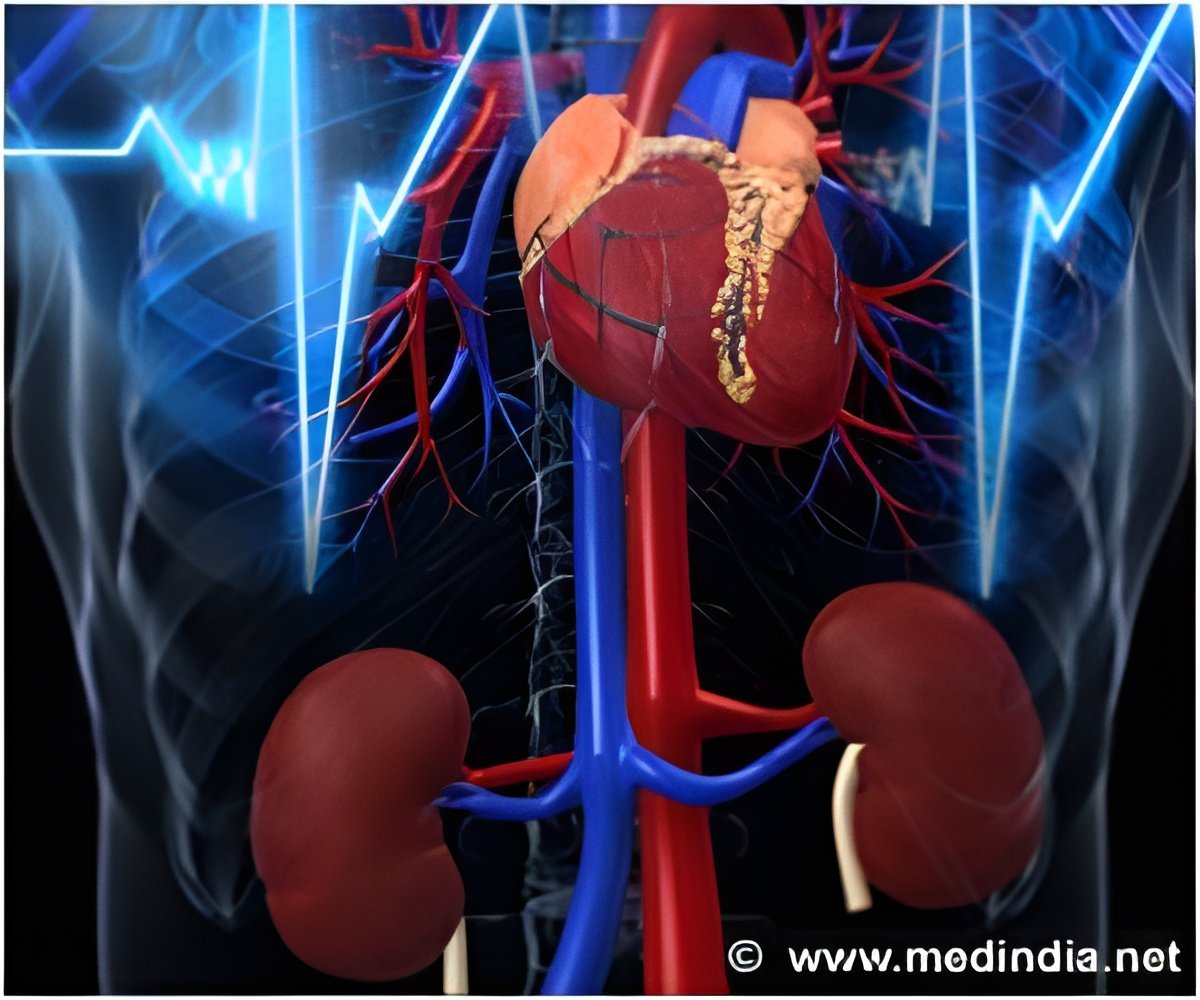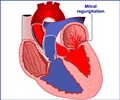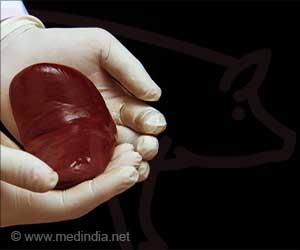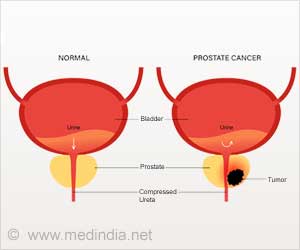Coronary artery disease patients who were treated with a drug designed to increase HDL levels experienced no better results than those treated with placebo.

The results of the ASSURE (ApoA1 Synthesis Stimulation and Intravascular Ultrasound for Coronary Atheroma Regression Evaluation) trial were presented at the European Society of Cardiology Congress 2013. ASSURE was a prospective, randomized, multicenter, double-blind clinical trial.
A team of researchers led by Stephen J. Nicholls, M.D., Ph.D., senior consultant to Cleveland Clinic's C5Research and Professor of Cardiology and Deputy Director at the South Australian Health & Medical Research Institute (SAHMRI) in Adelaide, Australia, used intravascular ultrasonography (IVUS) to assess the degree of coronary disease in study subjects at baseline and after 26 weeks on oral RVX-208 or placebo. IVUS is a medical imaging technology in which a small ultrasound probe is inserted via a catheter into an artery, allowing physicians to examine the inside of arteries via sonogram. The researchers also took baseline and 26-week measurements of apoA1 and HDL.
The primary endpoint – the change in percent atheroma volume (PAV), or the amount of artery volume taken up by disease – was not met. The PAV decreased by 0.4 percent in the RVX-208 group and 0.3 percent in the placebo group. Secondary IVUS endpoints – the change in total atheroma volume (TAV), or size of the disease, and the change in atheroma volume in the most severely diseased portion of the artery – also did not differ substantially between the RVX-208 group and the placebo group. Further, the biochemical endpoints of increased aopA1 and HDL levels, and decreased LDL, or bad cholesterol levels, also failed compared to placebo.
"Our results show that RVX-208 treatment did not result in any measurable incremental benefit on plaque regression for patients with coronary artery disease and low HDL cholesterol," said Nicholls. "The findings could reflect either a lack of efficacy of RVX-208, or the general inability to improve on the benefits produced by statins and other cardiovascular therapies."
All of the patients in ASSURE were being treated with atorvastatin or rosuvastatin, drugs shown in clinical trials to lower LDL levels.
Advertisement
Advertisement















